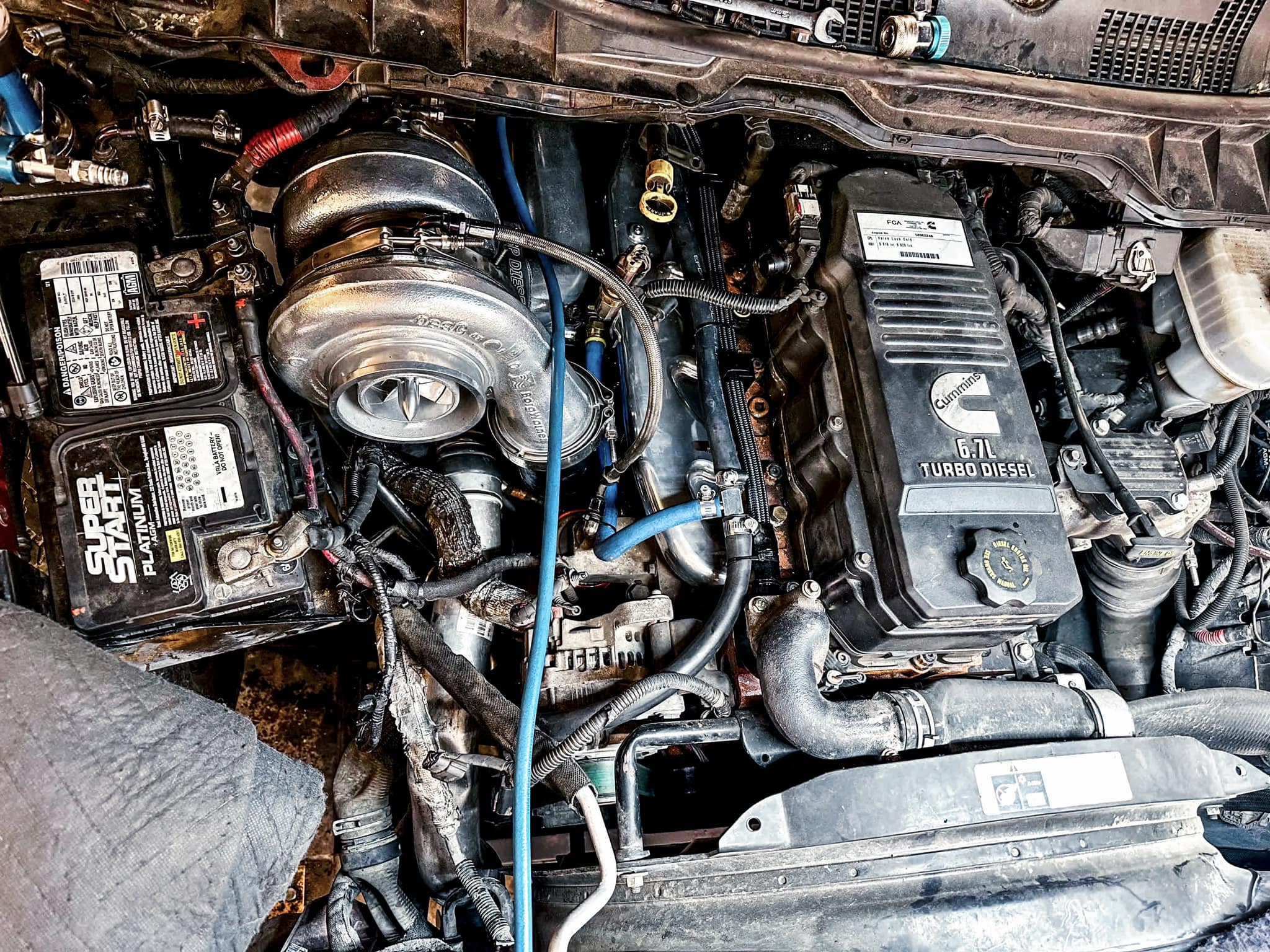
How to Maximize Efficiency with Dump Truck Fleet Management
Optimize your dump truck fleet with GPS tracking, telematics, preventive maintenance, and driver monitoring. These tools cut costs, boost productivity, and improve safety.
Managing a dump truck fleet requires more than just keeping vehicles on the road. It’s about streamlining operations, reducing costs, and optimizing performance to ensure your trucks run smoothly day in and day out. For fleet managers in the industry, it’s difficult to manage all that especially in tough terrains. That’s why effective management is key to keeping your fleet efficient in various challenges. Below, we cover actionable strategies to maximize efficiency, enhance productivity, and keep your fleet in top shape.
Implement Real-Time GPS Tracking
One of the most impactful tools for dump truck fleet management is GPS tracking. With real-time visibility into each vehicle’s location, fleet managers can optimize routes, monitor driver behavior, and avoid unnecessary downtime. In areas with heavy traffic or unexpected road closures, such as urban centers in Charlotte or Atlanta, GPS tracking ensures you can quickly reroute vehicles to stay on schedule.
Additionally, GPS technology helps track vehicle idle time. Long periods of idling can waste fuel and reduce engine life, especially in stop-and-go construction sites. Monitoring idle time allows managers to take corrective actions, such as reminding drivers to turn off engines when stationary.
Optimize Routes with Fleet Management Software
Efficient routing minimizes fuel costs and maximizes productivity. Using fleet management software allows companies to assign jobs efficiently by calculating the shortest or fastest routes based on real-time data. This ensures that trucks are dispatched to jobs in the most efficient order, minimizing backtracking and wasted fuel.
In the Southeast, where road conditions can vary significantly, having adaptable routing software is essential. For example, avoiding weight-restricted bridges or construction detours saves both time and vehicle wear.
Maintain Preventive Maintenance Schedules
A preventive maintenance program is essential for keeping a dump truck fleet running smoothly. Fleet management software can also track maintenance schedules and notify managers when vehicles are due for service. Regular inspections and timely repairs prevent unexpected breakdowns and reduce long-term repair costs. Components like hydraulic systems, brake shoes, and tires need frequent checks, as their failure can lead to costly downtime on job sites. Proactive maintenance ensures your trucks meet safety standards and reduces the risk of compliance violations, which is especially critical in heavily regulated states like Georgia.
Manage Fuel Costs with Telematics
Fuel is one of the biggest operational expenses in any dump truck fleet. Telematics systems provide insight into fuel consumption patterns by monitoring metrics such as miles per gallon (MPG) and idle time. With this data, managers can identify inefficient driving habits such as aggressive braking or excessive idling, which can increase fuel consumption. Encouraging fuel-efficient driving through training programs or incentives can have a significant impact on operational costs. Additionally, leveraging fuel card programs helps track fuel purchases and prevents unauthorized spending.
Monitor Driver Performance
Drivers play a pivotal role in the efficiency of any fleet. Using driver monitoring tools, fleet managers can track behavior such as speeding, harsh braking, and unauthorized stops. Regularly reviewing driver performance helps identify areas for improvement and provides opportunities for training. Safe and efficient driving not only reduces wear on trucks but also improves fuel efficiency. This also means that effective driver training should occur before they begin long hauls as proper driver habits should be instilled early on. In regions like North and South Carolina, where road conditions can change rapidly, driver training programs focused on defensive driving and route adaptation are especially beneficial.
Improve Communication with Digital Tools
Clear communication between drivers and dispatch is crucial to maintaining efficiency. Using mobile apps or in-cab communication devices, dispatchers can relay job updates, route changes, or emergency instructions in real-time. This ensures drivers can adjust their schedules promptly without delays. Digital communication tools also help maintain accurate job records and reduce paperwork, allowing for smoother invoicing and reporting.
Utilize Load Monitoring Systems
Overloaded trucks not only pose safety risks but also lead to increased wear and tear on vehicles. Load monitoring systems ensure that trucks carry optimal loads without exceeding weight limits. Maintaining proper load weights helps prevent unnecessary strain on engines, brakes, and tires, reducing maintenance costs and increasing vehicle lifespan. Staying within legal weight limits also avoids fines and improves compliance with regional regulations, which vary across North Carolina, South Carolina, and Georgia.
Conclusion
Effective dump truck fleet management involves leveraging technology, maintaining preventive maintenance schedules, and optimizing operations to reduce costs and increase productivity. Real-time GPS tracking, fuel management through telematics, and driver performance monitoring are just a few strategies that can significantly improve efficiency. In regions like the Southeast, where road conditions and job requirements vary, get in touch with Southeast Fleet Services for proactive and adaptable services essential to keeping your fleet running smoothly. With the right tools and processes in place, we can extend your vehicle’s life, reduce operational costs, and maintain high productivity across your fleet. For more information get in touch for personalized service, or check out our article on how to maintain your 18-wheeler.
Locations & Contact Info
Welcome to Southeast Fleet Services, your premier heavy-duty diesel repair shop in North Carolina, South Carolina, and Georgia. Give us a call today at one of our five locations to set up specialized services and repairs for your heavy-duty vehicles and equipment.

